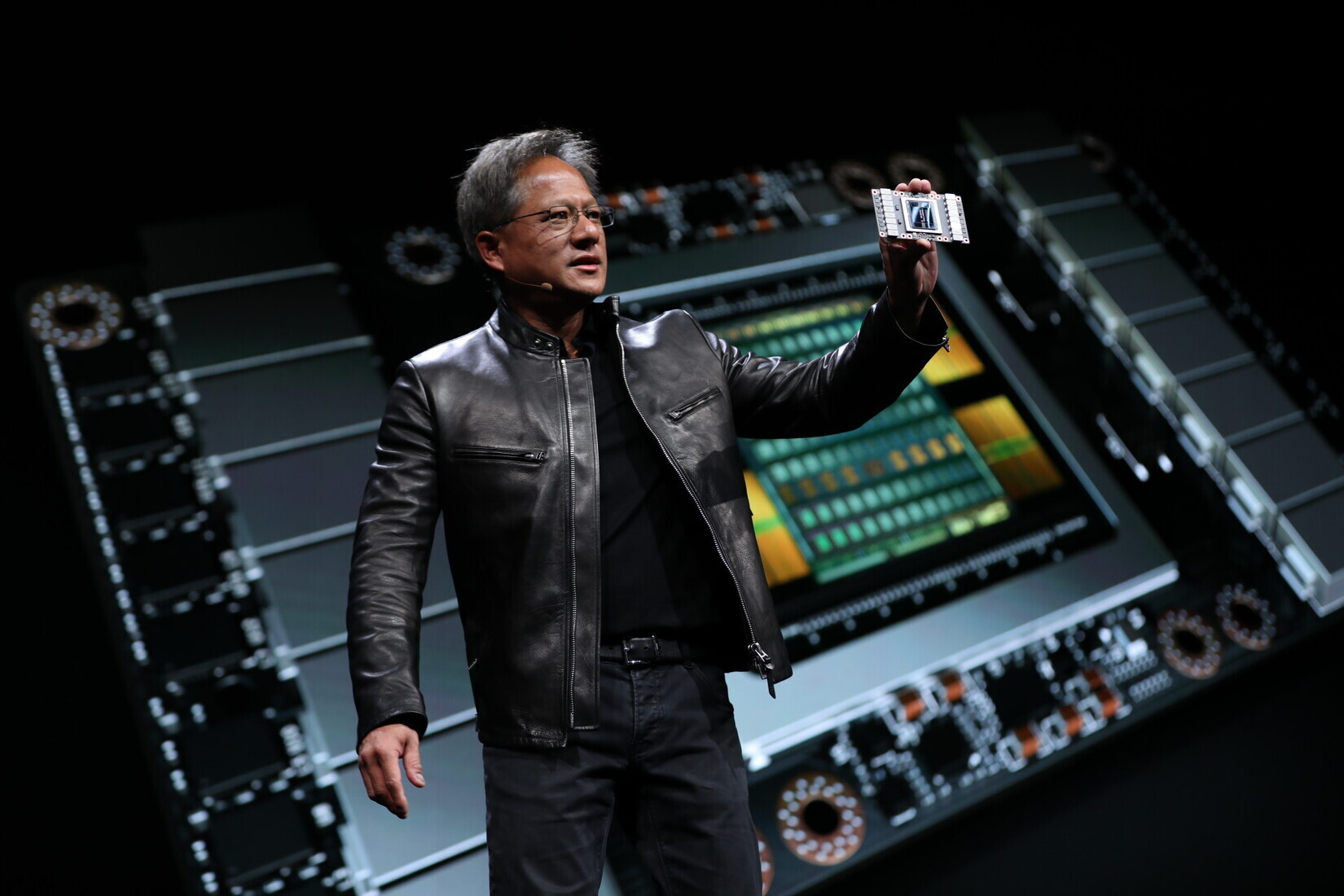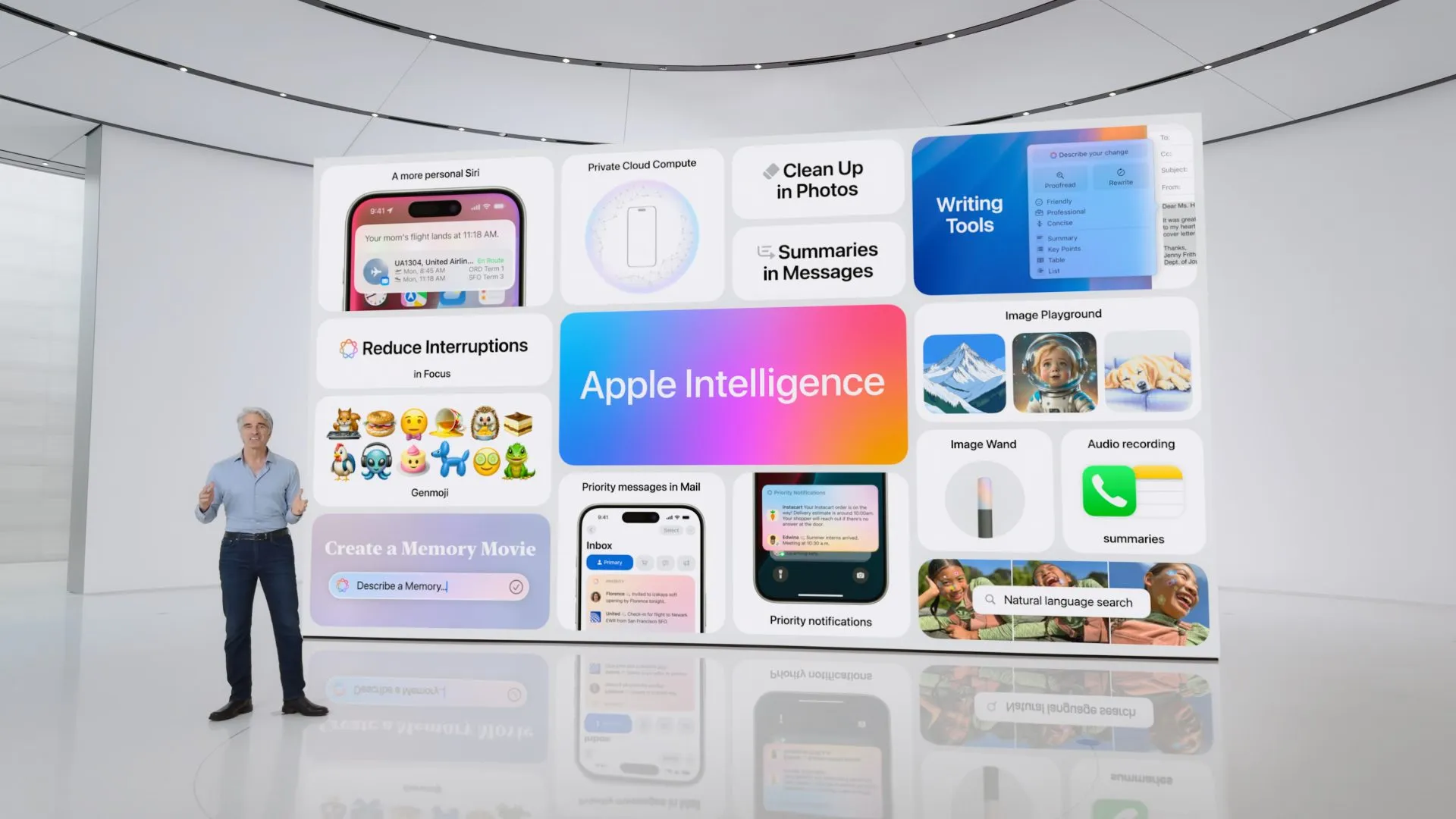Artificial intelligence has emerged as the most mentioned technological topic recently. Some compare its impact to the early days of the Internet, while others see it as the beginning of a dystopia akin to James Cameron's visions. The reality is that none of these perspectives can be confirmed yet, as we are too close to fully appreciate its real dimensions. Before discussing its impact, we will review its history, the underlying technology, infrastructure challenges, and the role of tech giants.
Science and Fiction
This discipline has fascinated humanity for decades, with its roots deeply embedded in both science and fiction. The concept of intelligent machines has been a constant theme in literature and cinema, fueling the imagination of entire generations. Science fiction authors like Isaac Asimov and Arthur C. Clarke were pioneers in exploring AI concepts in their works. Asimov, with his famous robot stories, introduced the «Three Laws of Robotics» (1942), ethical principles that governed the behavior of intelligent machines. Clarke, on the other hand, in his novel «2001: A Space Odyssey«, introduced HAL 9000, a computer with intellectual capabilities superior to humans (1968).

The screenplay for "2001: A Space Odyssey" was written by Stanley Kubrick together with the novelist Arthur Clarke. This dystopian science fiction story seems to highlight current issues, even as early as 1968. 2001: Odisea del espacio fue escrito por el Stanley Kubrick junto al novelista Arthur Clarke. Este relato de ciencia ficción distópico parece poner de manifiesto, ya en 1968, problemáticas actuales.
/
Large Language Models (LLMs), such as GPT-4, use deep neural networks called transformers.
These models are trained on massive amounts of data, allowing them to learn language patterns and contexts. During training, they adjust millions of parameters to improve their ability to predict and generate coherent text. The key to their success LLM is the quantity and quality of the data used. The more and better the data, the more precise and useful the model's responses will be. This enables applications in virtual assistants, automatic translation, and content generation.

«In the future, no one will have to learn how to program”
Since AI will do almost everything for us.
-NVIDIA CEO Jen-Hsun “Jensen” Huang
The tech giants
Currently, the world's largest technology companies are developing their own versions of Large Language Models using similar technical principles. OpenAI with ChatGPT, Meta with Meta AI, Google with Gemini, and Elon Musk with Grok at X, are prominent examples. Additionally, Nvidia is not only developing its own model but also providing the massive infrastructure required for deploying this technology. This demand and delivery capability have driven their stock value up by 200% compared to the previous year (from 40 to 198 USD per share in June 2023-2024).

Tim Cook at the Apple Intelligence (AI) presentation.
We must not forget Apple, which in its most recent software update has integrated Apple Intelligence, more intuitively incorporating artificial intelligence into its voice assistant Siri and native applications. Apple aims to lead the everyday integration of this technology and has partnered with ChatGPT, generating optimism in its stocks but also raising concerns about privacy and the use of personal data. Elon Musk has clearly stated in his recent posts that if Apple continues its partnership with ChatGPT, he will ban all employees of his companies from using Apple devices.
/
The scale of economic investment, ambition, and research resources of various companies can be easily compared to the space race that led to the moon landing or the Manhattan Project, which created the first atomic bombs.
This race is so important to tech giants that Meta has acquired over 1 million of the latest generation graphics cards from Nvidia (H100 Tensor) totaling $10 billion.
If the main objective of the Apollo mission was to land a man on the moon, in the race for artificial intelligence, the goal is to achieve the state AGI (Artificial General Intelligence)This state will occur when the system is capable of performing any intellectual task better than humans, not only making judgments and reasoning in uncertain situations but also communicating in natural language, planning, and learning. Terrifying, isn't it? Just as Carl Sagan remarked about the question of finding life on other planets, whether it is achieved or not, in any case, it is remarkable.

This introductory article opens the door for us to explore other fascinating areas, such as artificial image generation and its impact on politics, art, democracy, national defense, medicine, among other fields. These topics will be thoroughly addressed in our future publications.

Article by
Juan Figueroa
COO
